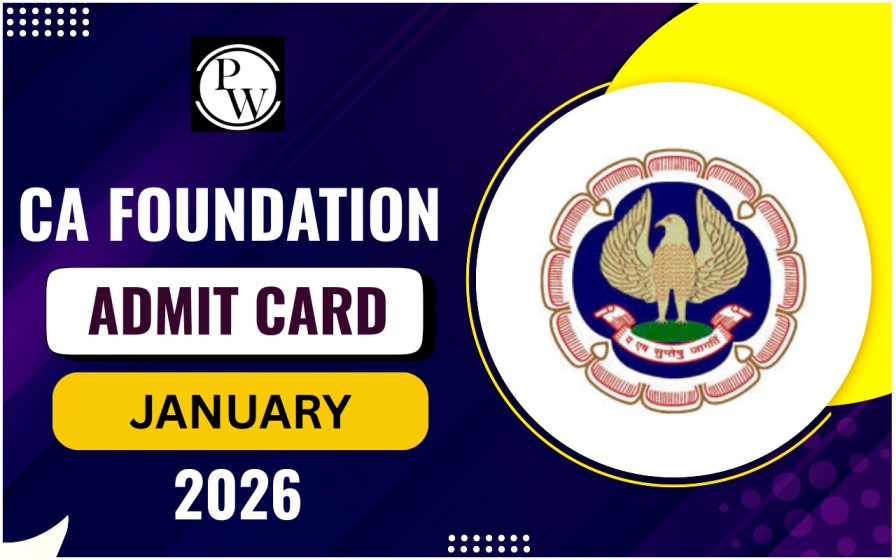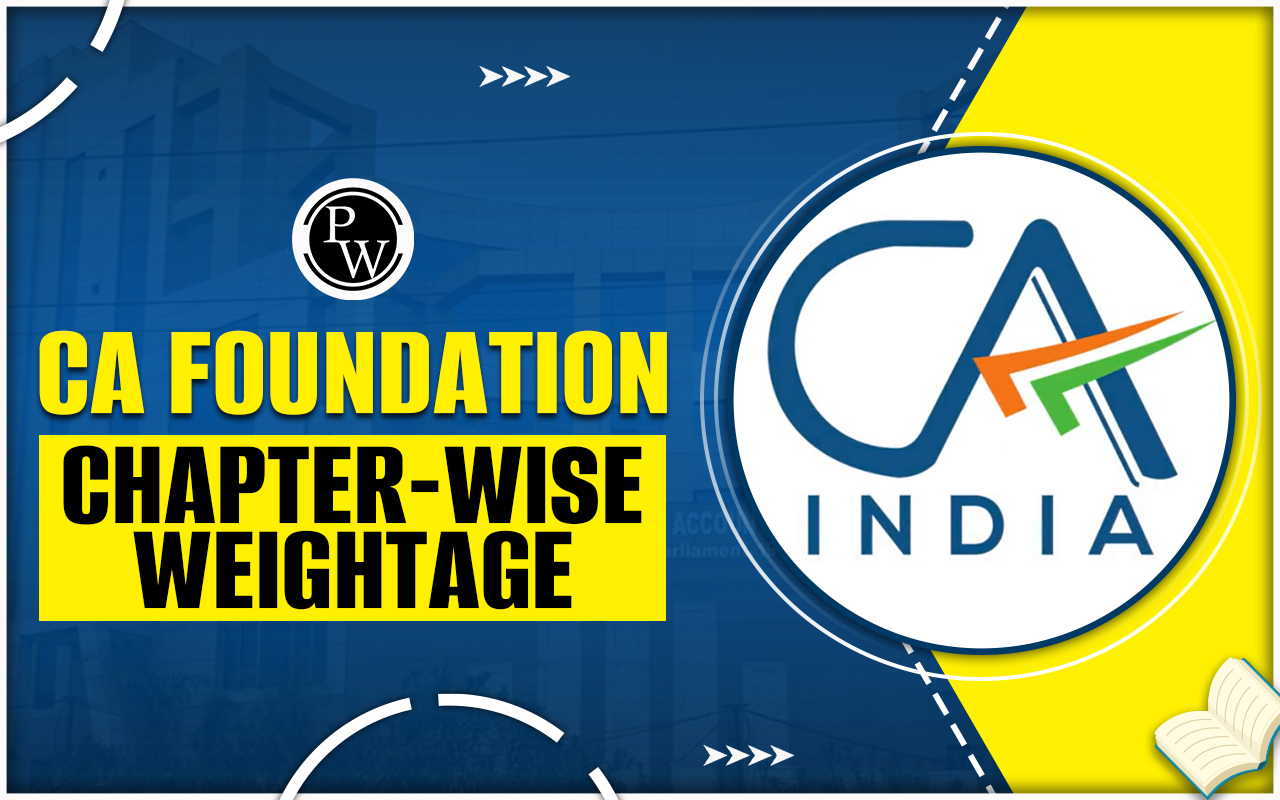
Effective strategic planning is crucial for your organization's progress. By outlining your plan meticulously, you ensure accuracy. Before diving in, it's beneficial to understand what strategic planning entails. This blog breaks down strategic planning, offering insights on implementation for achieving business objectives and boosting profitability for CA Exams .
What Is Strategic Planning?
Strategic planning is like setting a roadmap for a business. It involves figuring out what's important, where to focus efforts and resources, and ensuring everyone involved is working toward the same goals. The plan itself is a document that spells out these goals and other important details, which are usually hashed out during planning meetings. Think of strategy as the reason behind decisions, and planning as how those decisions will be carried out - it's essentially managing the big picture. Feedback is key to adjusting the plan as things change. Putting the plan into action is what we call strategic execution.Benefits of Strategic Planning
Using strategic planning offers several benefits for your company's goal achievement. Firstly, it helps in setting a clear direction for your business and establishing realistic objectives aligned with your organization's mission. Secondly, it provides a way to track your progress and assess success during the planning stages. Lastly, it aids in making effective decisions by setting boundaries. Creating a strategic plan helps management coordinate various business activities more efficiently to reach targets. These plans also facilitate discussions among management to allocate resources and budgets effectively, leading to improved operational efficiency.| Also Check: | |
| Management Accounting | Financial Accounting |
| Auditing and Assurance | Taxation |
| Financial Management | Business Laws and Ethics |
Stages of Strategic Planning
When a company starts planning its future direction, it uses different methods to put its plans into action. Managers, executives, and other key people in the company get involved at different stages of this planning process. Here are the main steps in strategic planning:- Analysis and Evaluation: Everyone involved looks at both what's happening inside the company and what's happening in the world around it.
- Setting Strategy: Key people decide on the main goals and basic plans for the company.
- Putting Plans into Action: These plans are turned into actual tasks and operations.
- Review and Improvement: Managers look at how things are going, making changes to things like company culture, performance, and how information is shared.
Strategic Planning Implementation
Crafting an effective strategic plan for your business involves several key steps. Here's a breakdown to guide you through the process:Understanding the Market:
Start by learning about the market where your business operates. This means checking out what other similar businesses are doing and how they're funded. Also, figure out what customers want and how the economy might affect your business.SWOT Analysis:
SWOT stands for Strengths, Weaknesses, Opportunities, and Threats. Take a good look at your business to see what you're good at (strengths), where you might need improvement (weaknesses), what chances you have to grow (opportunities), and what challenges you might face (threats).Setting Goals: Decide what you want your business to achieve. Think about things like improving your products, finding more customers, or making more money. These goals should match up with what your business is all about.
Goals for Different Teams:
Break down those big goals into smaller ones for different parts of your business, like sales, marketing, finance, and HR. This helps everyone in your business understand what they need to do to reach the big goals.Short-term Targets:
Think about the steps you need to take to reach your big goals. These steps are like smaller targets that lead to the big one. For example, if you want to increase online sales, a short-term target might be getting more people to visit your website.Staffing, Budgeting, and Money:
Figure out how many people you need to hire, how much money you'll need, and how you'll get it. This is important for making sure your plans can actually happen.Key Numbers to Watch:
Choose some important numbers (we call them Key Performance Indicators or KPIs) to track. These numbers help you see if your plans are working or if you need to change something. For example, you might track how many people are visiting your website or how many of them are buying something.Understanding Customers:
Take a close look at what your customers need and want. This helps you make sure your products or services are right for them. Also, check which marketing strategies are bringing in customers so you can keep doing what works.Checking Out the Competition:
Look at other businesses like yours to see what they're doing right. This helps you figure out how you can do even better.Getting the Right Team:
Decide who needs to be part of your plan to make it happen. This might mean hiring new people or getting help from experts in certain areas.Keeping an Eye on Finances:
Keep track of how well your plan is doing financially. This helps you see if you're making enough money to reach your goals. Advance your career with our professional PW CA courses. Elevate your expertise and excel in your CA exams. Enroll now to unlock your full potential and reach your career aspirations.Strategic Planning and Implementation FAQs
What is strategic planning and why is it important?
What are the benefits of strategic planning for businesses?
What are the main stages of strategic planning?
How can I implement strategic planning effectively in my business?
What are some key steps to consider in strategic planning?










